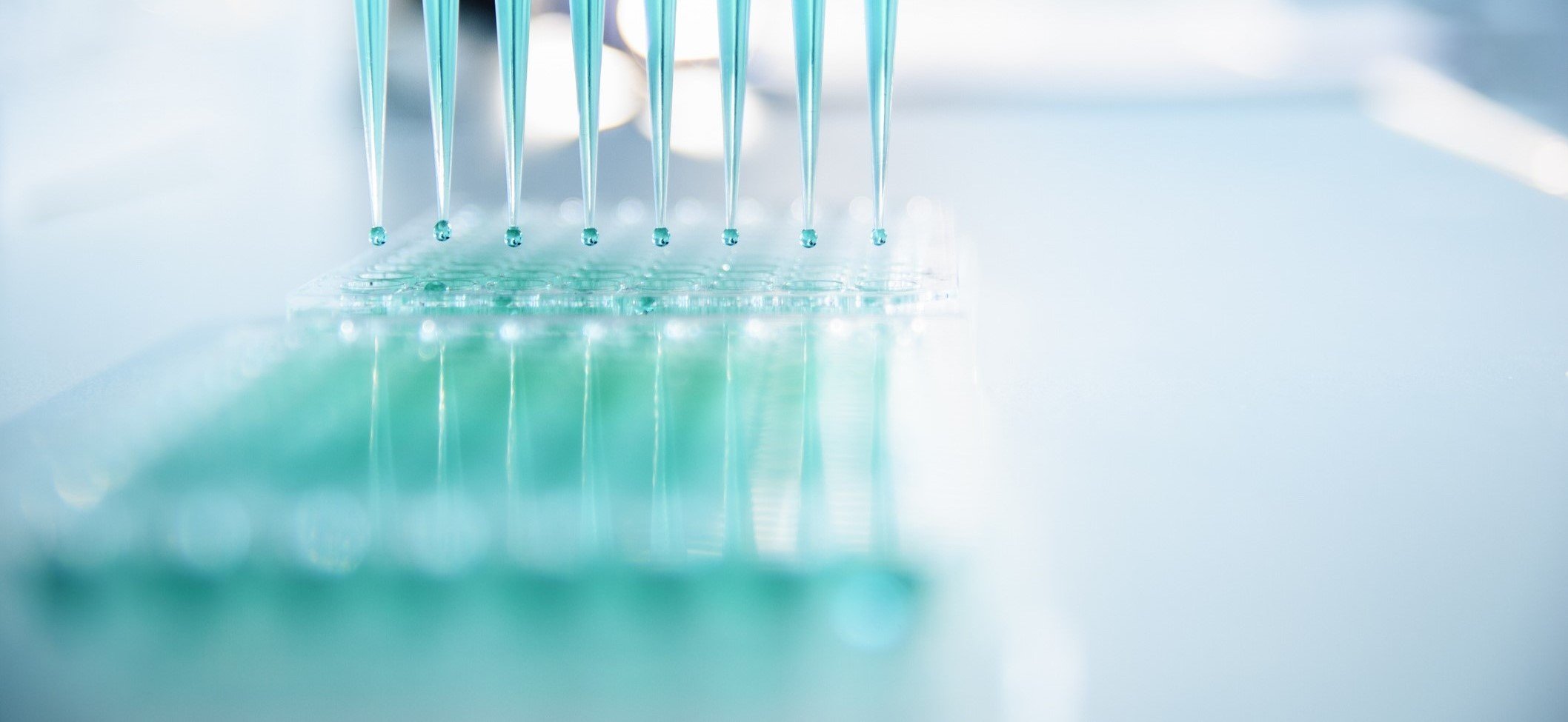
Challenge
Autologous therapies are a game-changer in treating a range of diseases and addressing significant areas of unmet need in healthcare. The demand for these therapies is accelerating the pace of commercialization and globalization. However, the complexity of these arm-to-arm therapies is posing challenges for companies to transform from clinical to commercial, scale their supply chain and produce the therapies cost-effectively.
As a leading life sciences company prepared to launch its first commercial autologous therapy product, leadership turned its attention to its manufacturing and quality operations. Management needed the ability to scale to meet commercial demand and clinical trials, ensuring that its new manufacturing facility was ready to handle the work, minimize deviations, and explore ways to increase efficiencies and reduce the cost per patient. As they operationalized the drug manufacturing process, they identified the need for a deeper understanding of current gaps and opportunities to be more efficient for better efficiencies in their processes, capabilities and tools.
Recognizing Point B’s work in cell and gene therapy, starting with the industry's first cellular autologous product, the company’s leadership engaged Point B’s Operations Practice to provide recommendations on how to scale key manufacturing processes for late-stage clinical products. This included identifying and implementing optimization and automation changes.
As a partner who understands both the business imperatives of the product life cycle and intricacies of life sciences operations, Point B led this engagement by leveraging deep process optimization and expertise in life sciences operations, and six sigma methods and approach.

Process Improvements Lead to Greater Efficiencies
Point B supplied a methodology and framework to analyze the end-to-end manufacturing process aimed at increasing facility capacity. Working across manufacturing, quality operations and supply chain, the Point B team led a cross-functional operational assessment to understand and document current state operations and define an optimal future state design to promote efficiency and scalability. In addition to developing an implementation roadmap, the Point B team trained 100 employees on process improvement methodology.
Improvements Result in Reduced Waste, Cost Savings
Point B’s leadership helped the biotech uncover over $4 million of “waste” in plant operations related to redundant work, unused capacity and excessive changeovers. By targeting optimization projects, the company had the opportunity to realize annual savings of $736,000, or $1,415 per patient. These opportunities included simultaneous production of multiple patients in a single cell processing room, streamlining batch records, optimizing quality control testing procedures and requirements, and enhancing quality and laboratory information management systems.
By targeting optimization projects, the company had the opportunity to realize annual savings of $736,000, or $1,415 per patient.
Point B’s recommendations for future process improvements are projected to reduce the patient processing time by 38% and increase manufacturing site capacity. All told, the engagement resulted in a return on investment of 510%.
RELATED INDUSTRIES
RELATED SOLUTIONS


